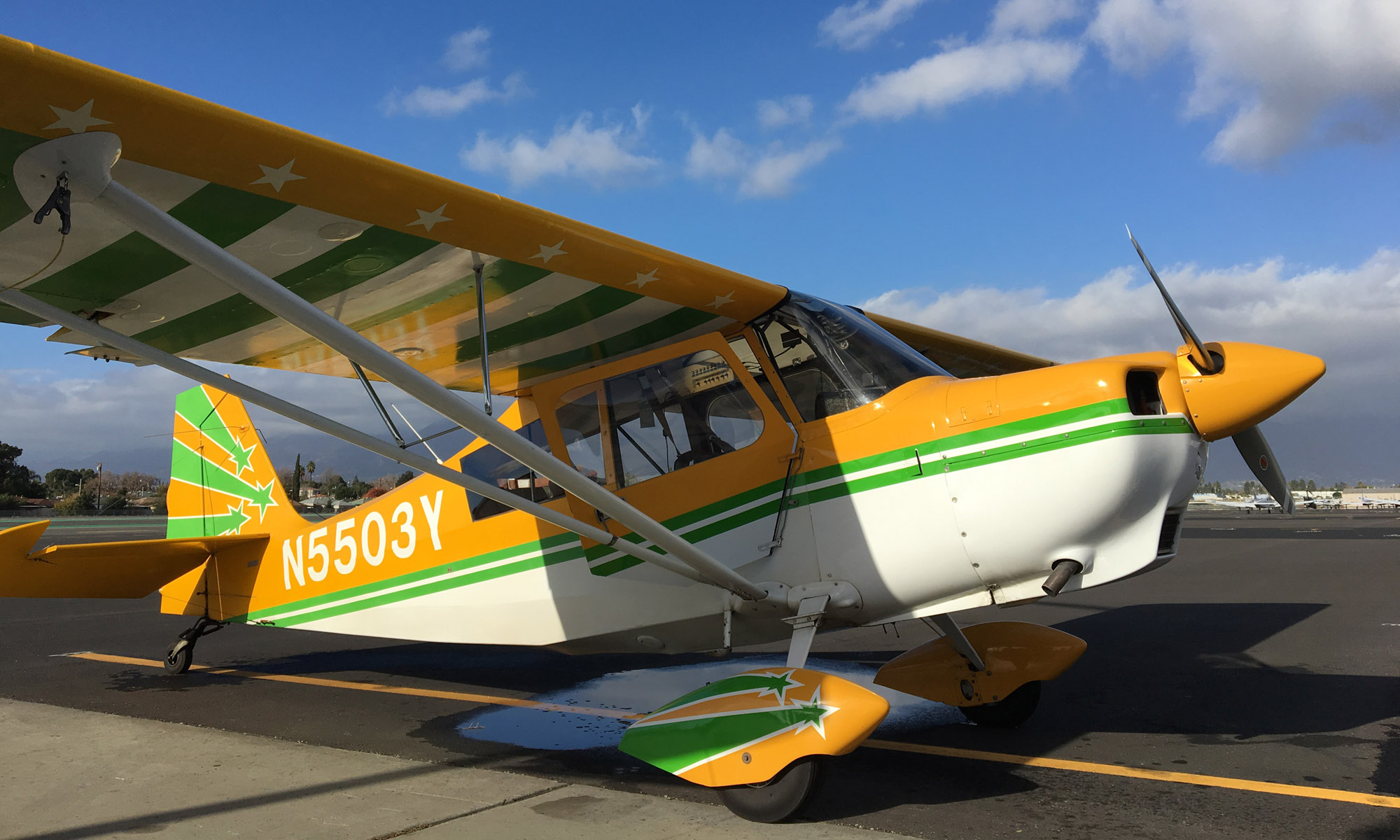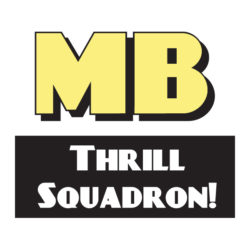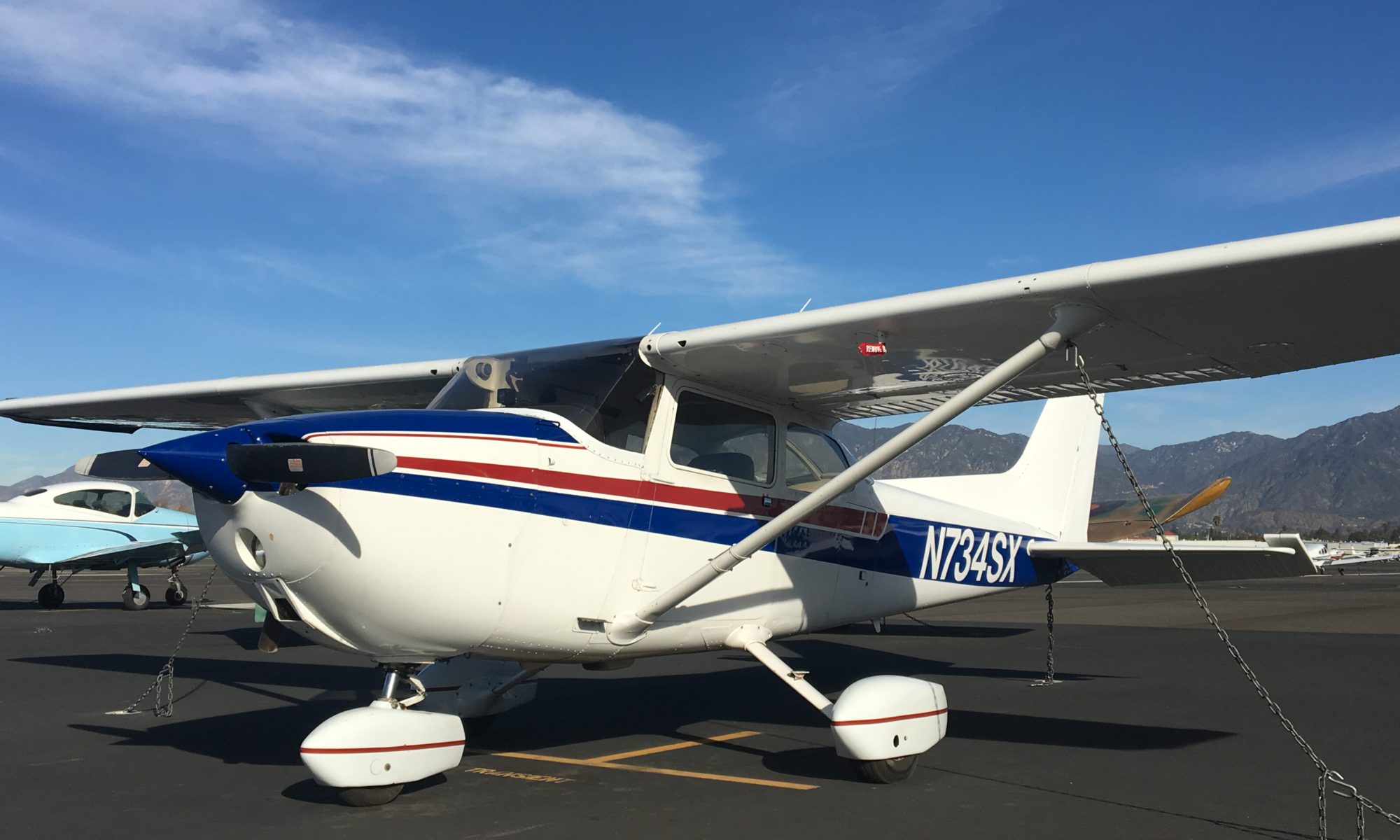The fundamentals of great flying lie in a solid understanding of the airplane and exceptional stick-and-rudder skills. Our instructional approach is based on mastery of these skills, and our primary trainer, the Cessna 172, is the most popular GA aircraft ever made.
Our training is flexible and designed around the way you learn best. Ground instruction in preparation for the FAA knowledge test can be done via self-study, or in one of our classroom-based ground courses. We use a variety of resources to enhance your learning, including one-on-one tutoring, flight simulators, and our maintenance lab, helping you be confident on the day of your FAA checkride. And if you already have some flying experience–even if that was long ago–we specialize in finish-ups and we’d love to help you accomplish your aviation goals.
If you’re already a pilot and you’d like to pursue advanced ratings, we offer instrument and commercial pilot training that emphasizes excellent fundamentals. Call us to learn how we help you develop the skills that are most in-demand among regional and part 135 carriers.
Private Pilot Certificate – Airplane Single-Engine Land
Minimum 40 hours total time (national average is about 70)
Minimum 30 hours dual instruction, 10 hours solo
Minimum age: 17
Instrument Rating – Airplane
Minimum 40 hours actual/simulated instrument training (with at least 15 hours dual instruction)
Minimum 50 hours cross-country time as PIC
Commercial Pilot Certificate – Airplane Single-Engine Land
Minimum 250 hours total flight time (100 hours of which must be in powered aircraft, and 50 must be in airplanes)
100 hours of pilot-in-command time, 50 of which must be in airplanes
Minimum 50 hours cross-country time as PIC (10 hours must be in airplanes)
Minimum 20 hours training, including 10 hours instrument training (which may be accomplished during the instrument rating), 10 hours training in complex or technically-advanced aircraft, 4 hours cross-country training, and 3 hours preparation for the practical test


